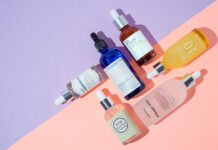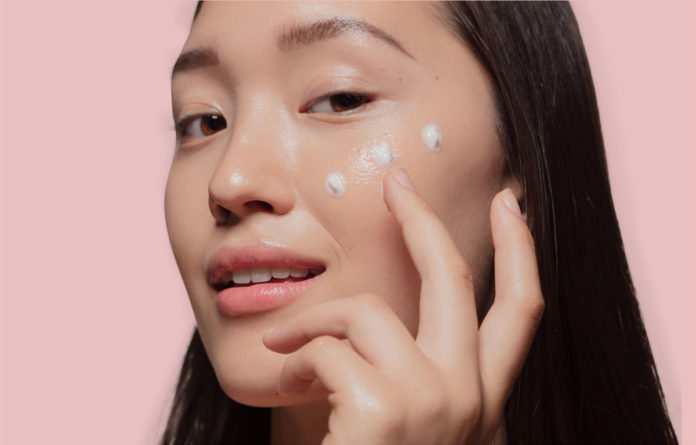
Have you been unknowingly increasing your chances of getting serious health problems such as brain damage, respiratory issue, and cancer for the sake of looking good? Depending on the beauty product you are using, you may have. There are many ingredients that can be seriously harmful to your health that you unknowingly expose your body to every day.
Because personal care products have very minimal regulation of the harmful ingredients contained therein, the responsibility to choose safer products for you and your family rest with you. We are exposed to potentially hazardous chemicals from all kinds of sources on a daily basis, including car exhaust, plastics, pesticides, and more that we can not control.
The beauty products we use however are things we can control. These products are a big part of our daily lives so choosing safer skincare and cosmetic products, which means that removing harmful ingredients can have a big impact. You can help make informed decisions by knowing what ingredients to avoid in makeup and skincare products.
Here are four chemicals and toxins in skincare products that you might want to avoid. We’ve also attempted to provide safe alternatives. So read up and safeguard yourself,
1. Fragrance
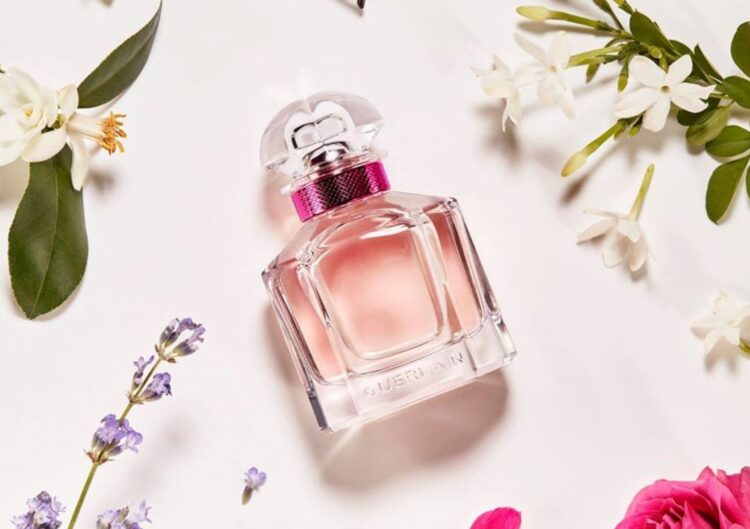
The issue with fragrance is that it is so much loved by individuals. It smells great, but it’s actually a common cause of contact dermatitis, which resembles the effects of poison ivy on your skin. Fragrance has also been associated with asthma and other respiratory diseases, which can eventually cause lung problems. Perhaps worse, the FDA does not require “fragrance” products to include what its fragrant components really are.
Take note of fragrance, scent, fragrance, aroma.
The Alternative
As a healthier alternative, natural scents may be used to replace artificial fragrances. But many manufacturers, since it is much cheaper than processing natural scents, go back to artificial fragrances. In fact, many fragrances labeled as “natural” may not actually be natural.
It is safer to use natural scents as a natural substitute. These are basically essential oils that are derived as a fragrance from natural ingredients such as flowers and will be a better alternative.
Caution Note: It is actually advised that, especially for those with allergies, items without scents are the best. Allergens that may also cause an allergic reaction can also contain natural scents. But if you are someone who enjoys fragrances and has no problems with allergies, feel free to go ahead with natural fragrances!
2. Parabens
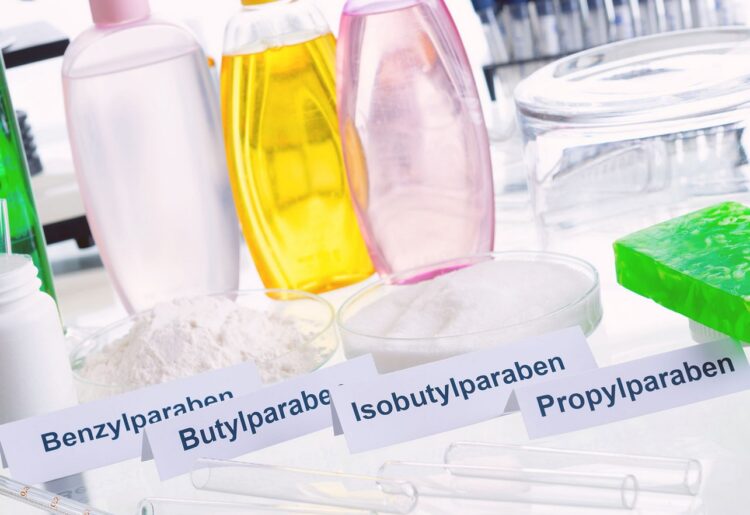
Parabens are used in many skincare and makeup products as preservatives. While parabens prevent the growth of bacteria in these products, they can be dangerous as well. Parabens have been shown in experiments to be potential endocrine disruptors. This means that they will interrupt the hormones and change development, growth , and reproduction. Some doctors still claim that breast tumors may be associated with them.
Look for names of ingredients ending with “-paraben”, “methyl-“, “ethyl-.”
Alternatives are -Phenoxyethanol, sodium benzoate, benzoic acid and benzyl alcohol are arguably alternatives to parabens.
3. Hydroquinone
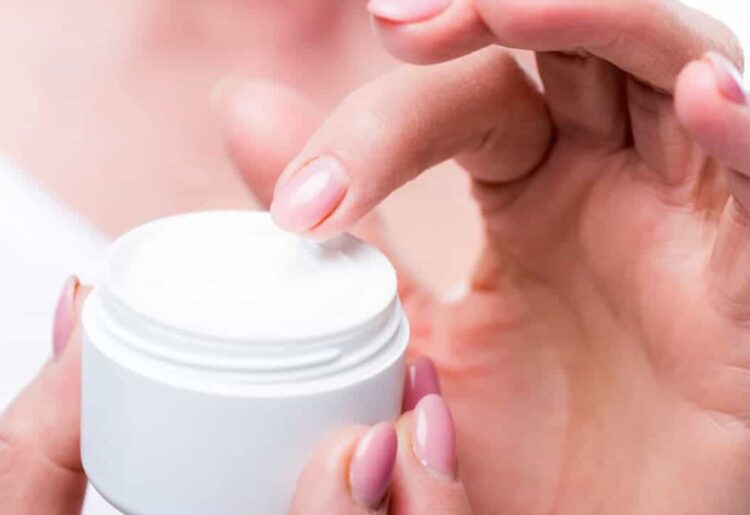
Hydroquinone can be carcinogenic when in high doses. In high doses, this skin-lightening ingredient often becomes toxic and can cause seizures, nausea, and bluish skin. The cause of ochronosis, which is a skin disease that causes a blue-black discoloration of the skin, may be hydroquinone. Hydroquinone has been banned by many nations, and the FDA has recommended a ban.
Look out for tocopheryl acetate or hydroquinone.
Alternatives
There are natural skin-lightening substitute products available. These involve one of the following or more:
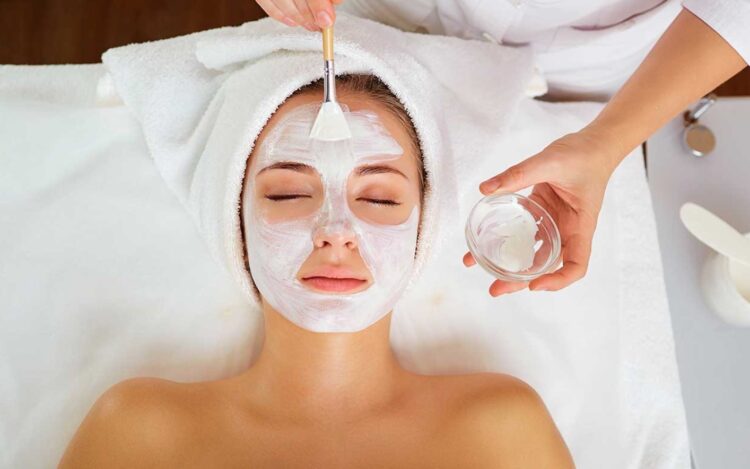
Antioxidant agents
In anti-aging drugs, vitamins A and C help brighten the skin and boost the overall skin tone. Antioxidants can also assist in hyperpigmentation when used over time.
Acids that are plant-based
Acids aren’t necessarily biologically based, contrary to common opinion. Some are, instead, plant-based. You should try Kojic or Ellagic acid for hyperpigmentation. These operate by slowing down the development of melanin from the skin.
B3 vitamin
This ingredient, commonly labeled as “niacinamide,” has the ability to stop black areas of pigmentation from growing to the skin surface.
4. Petroleum
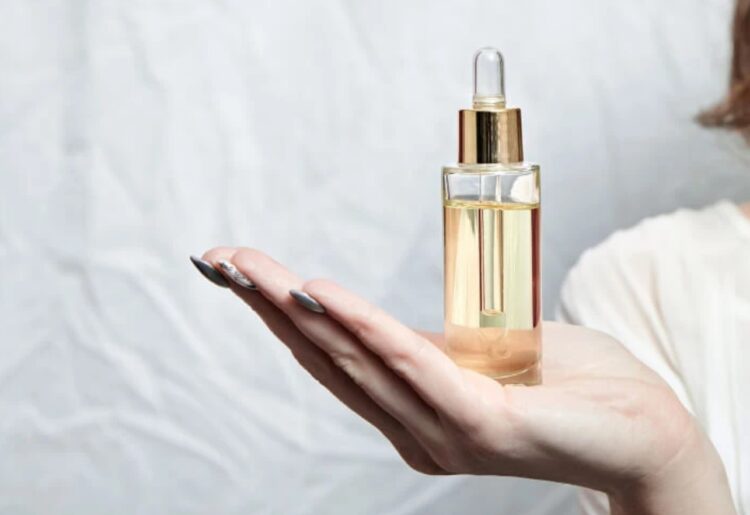
The problem with petroleum, and also with mineral oil, its equivalent, is that it can not be metabolized. This ensures that it does not ever leave once it’s in your body. In addition, the Environmental Working Group has found that petroleum-containing goods may be carcinogenic. In products like self-tanners, petroleum is common. You’ll want to avoid petroleum if you’re prone to acne, which can completely block your pores.
Look out for: paraffin wax, mineral oil, benzene, names ending in ‘-eth.’
Alternatives
Alternative sources that are stronger are:
Waxelene: It looks like Vaseline, but includes beeswax, vitamin E, and soy oil.
Alba UN Petroleum: To soothe and cure dry skin, it contains a healthy amount of coconut oil.
RMS Beauty Raw Coconut Cream: A natural material of coconut oil, this product contains nutrients and living enzymes that can nourish the skin.
Jao Brand Goe Oil: This is different from your regular vaseline-type ointment. It looks and tastes identical, but it includes butter and oils with a great smell.
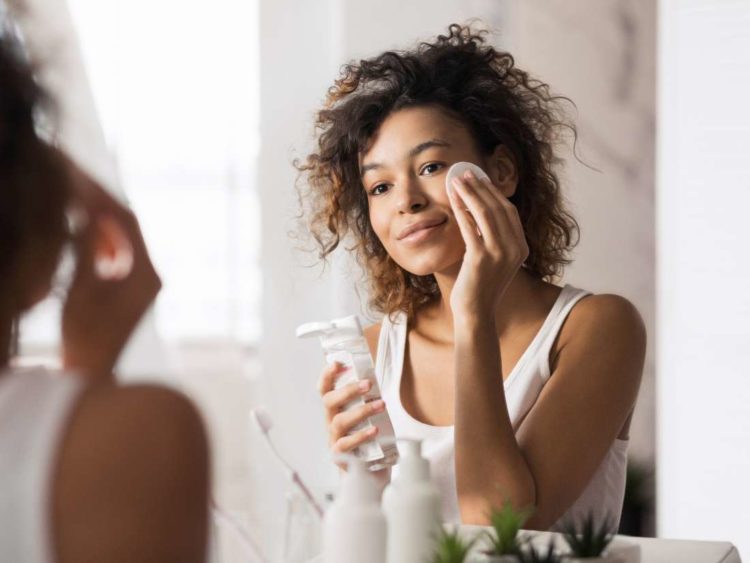
Conclusion
Chemical carcinogens are the products used in skincare products and ss an almost mandatory part of their ingredients, most skincare items have them. These ingredientss have several harmful variables that can have detrimental consequences, so taking precautionary measures to prevent unnecessary use is a good idea.
Utilize available organic and natural alternatives. As skincare products are a necessary part of our everyday lives today, we can not fully stop them, but we can minimize their use and prevent their worst impacts.
Make judgments that are wise, go for okana.co.nz natural products skincare. Your beauty needs should not be satisfied at the cost of your wellbeing. So do your homework until you have known more about the product you are using (use the cosmetic database of the EWG), review product labels for ingredients and warnings, and try to avoid using products with known chemicals that cause diseases. All in all, follow a balanced diet for better looking skin that includes fruits and vegetables that are readily available and have no side effects.



